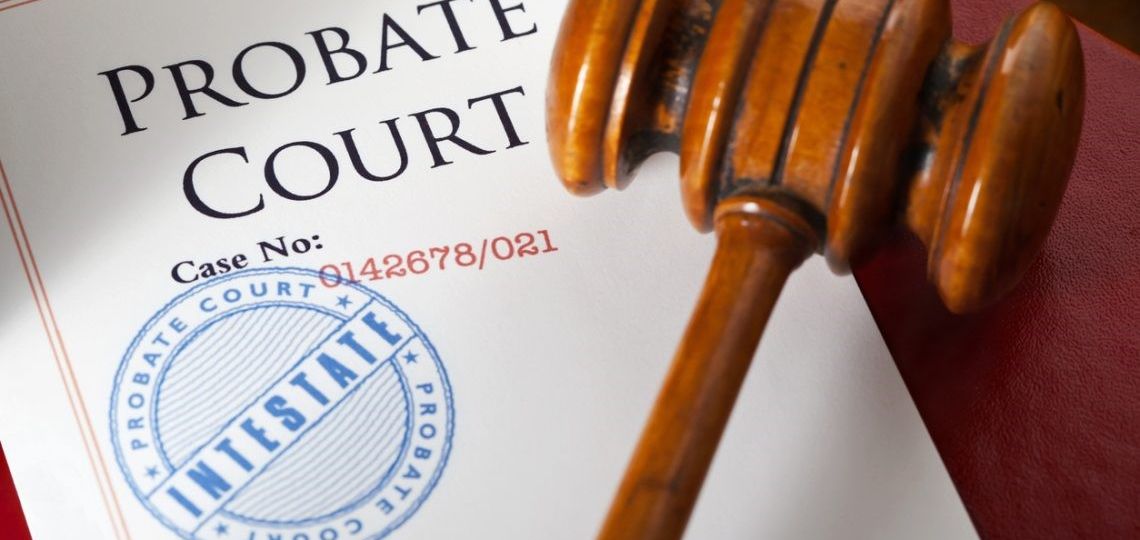
Setting up a TOD account can help avoid probate and consequently be a viable quick fix when a trust hasn’t been established. For a variety of reasons, people sometimes want some or all of their assets to pass directly to specific individuals upon their deaths, outside of probate. One way to accomplish this is to set up a transfer on death (TOD) account if funds are in a brokerage account.
The Probate Process
Probate is a court-supervised process used to validate your will and distribute your property. The process takes anywhere from six months to over two years to complete. Additionally, probate may require the hiring of lawyers or other professionals. Should your estate’s value exceed a threshold amount, and you die without a will, your estate must still pass through the probate system. In such cases, the court will decide how to distribute your estate among your relatives.
Examples of TOD Assets
TOD assets can cover a rather broad range. Some states allow TOD bank accounts, which are often referred to as payable on death (POD) accounts. Many types of retirement accounts automatically transfer on death to named beneficiaries as well, including 401(k)s and IRAs.
Brokerage accounts, stocks, and bonds can be held as TOD accounts under the terms of the Uniform Transfer on Death Registration Act, and some states also recognize the transfer on death deeds for real estate.
The Advantages and Beneficiaries of TOD Accounts
With TOD accounts, the account owner (or owners) will name a beneficiary (or beneficiaries) to whom the account assets are to pass when the last surviving owner dies. It is important to note that beneficiaries named by the owner do not have access to the TOD account while the owner is still alive. Additionally, the owner also retains the right to change the beneficiaries at any time, if competent to do so. In the event that there is only one beneficiary whom predeceases the owner, the assets will go into the account owner’s probate estate. This is avoided as long as the owner has updated or changed the beneficiary designation. Generally, a beneficiary will only need to show the bank manager or brokerage firm an original death certificate to attain the money or control of the account.
Typically, the firm will not simply retitle the assets into the beneficiary’s name. In most cases, they must open an account with the firm in their own name to accept the transferred bonds and stocks. The new account establishes the legal ownership.
The account assets also receive a “step-up” in basis when the original owner passes away, meaning that no capital gains tax should be due if investments are liquidated in order to be transferred.
To Find Out More
The best course before using any of these account or deed options is to speak to your attorney or Shoreline Financial Advisors about your overall estate planning goals.
For more on TOD accounts, click here. (Also, note that according to Kiplinger News, TOD accounts are not an available option in Texas and Louisiana.)
Some states allow transfer on death deeds, through which a house or other property can be passed outside of probate. For more information, click here
Call us at (203) 458-6800

